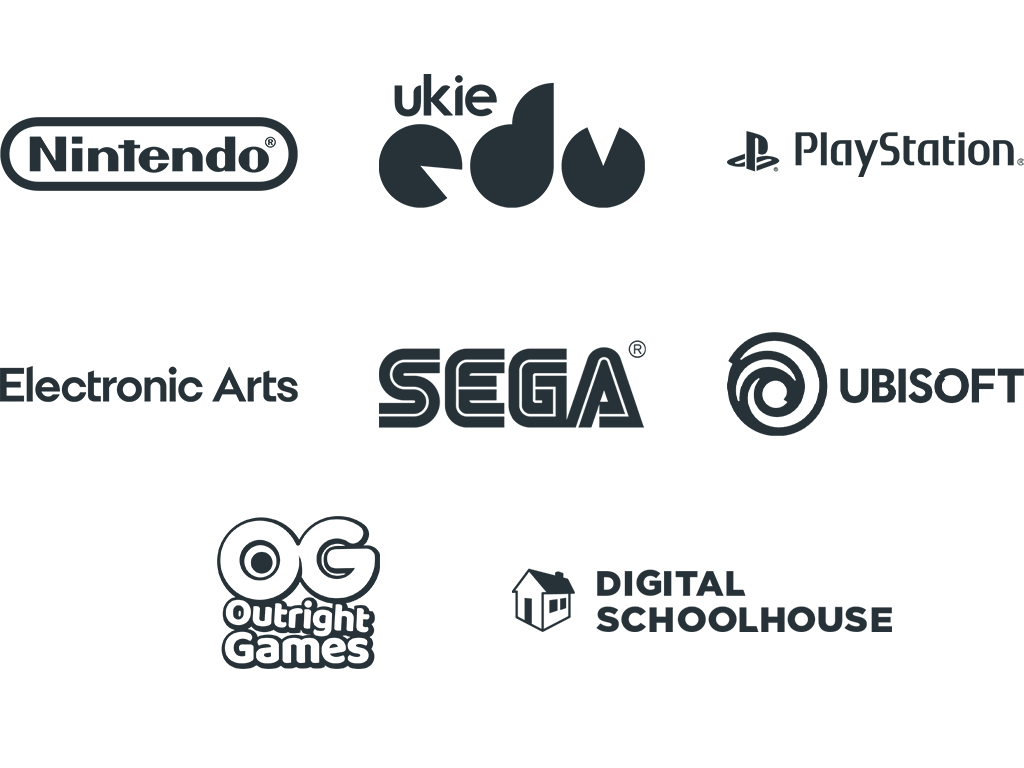
New research shows parents are confident in keeping their children safe online and in games
In new research, Digital Schoolhouse and Ukie have found that parents rated quite highly on their confidence to keep themselves safe online and their confidence in their child’s ability in keeping themselves safe.
- 85% of parents speak to their children about online safety
- 71% of parents use parental controls on their devices either sometimes or regularly
- 70% of parents know where to find information on how to play video games safely and responsibly online
- 75% of parents believe in the importance of online safety education, with over half using information provided by schools in their households
- But while 55% of parents set and enforce time restrictions on use of screen time and online activities, only 19% of children reported limits or restrictions - suggesting a disparity between perceptions of safety
- 61% of men believe they could speak confidently to their children about online safety, compared to 51% of women.
Alongside Ukie, we've found that parents are confident in the tools, advice and their ability to keep children safe online.
Online Safety: A Parent’s Perspective, a follow up to the 2018 report Online Safety: A Pupil’s Perspective, surveyed 2000+ parents about their approach, and perception of, online safety in the home.
It found that 85% of parents speak to their children about the importance of online safety.
It also found that 71% of parents use parental controls on their devices - including mobile devices, consoles or PCs - either sometimes or regularly, with 70% reporting that they are able to access the information they need about managing online safety for their children.
The research also revealed the importance of schools to the online safety process. 75% of parents believe that online safety education is important and over half of parents use online safety information provided by schools.
But while 55% of parents set and enforce time restrictions on use of screen time and online activities, such restrictions were reported by 19% of children in previous research suggesting a disparity between perceptions of parents and children over screen time limits.
The study also showed there was some difference between the responses of men and women in terms of their confidence with online safety, with 61% of men saying they could speak to their children confidently as compared to 51% of women.
Finally, while most parents are using advice from school to keep their children safe online, nearly one in four have said that they haven’t been offered any advice by schools at all - emphasising that there are gaps in the provision of online safety information.
Shahneila Saeed, head of education at Ukie said:
"In a digital world, our children’s use of technology continues to shift rapidly, so it’s important that we try our best to navigate this evolving landscape alongside them.
This research shows that parents are taking online safety seriously and putting in place the measures that are right to keep their children and families safe.
But it is also clear that there are gaps in the provision of online safety advice, that there is a gender gap in the confidence in managing online safety and that children and parents have a different perception of what is safe.
We recommend addressing the digital divide by providing more online safety information for parents through school, offering courses in digital literacy for adults and continuing to increase awareness of parental controls and settings."
If you have any questions, please feel free to get in touch: dsh@ukie.org.uk

-thumbnail.jpg?width=284&height=268&rmode=min)

